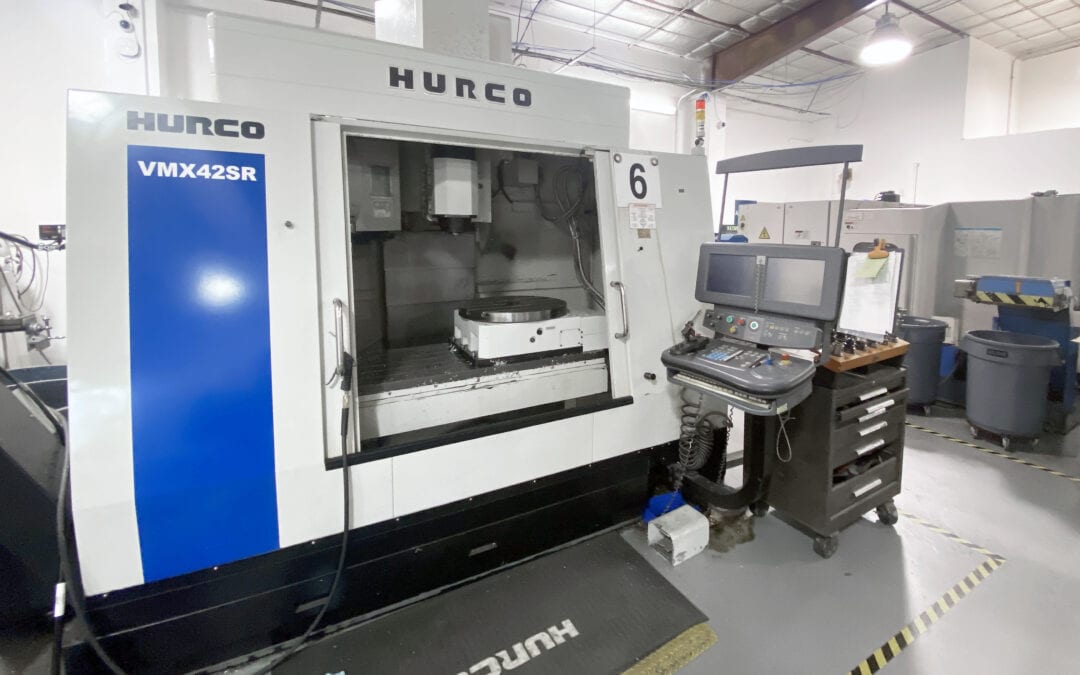Industrial Equipment Auctions vs Asset Liquidations: Making Informed Choices for Asset Disposition
When a business needs to part ways with assets, whether due to downsizing, closing operations, moving, or upgrading equipment, two common methods for asset disposition come into play: auctions and liquidations. Both approaches serve as viable means to convert assets into cash, but they operate differently and cater to distinct needs. In this article, we’ll explore the differences between auctions and liquidations, shedding light on when and why you might choose one over the other.
Equipment Auctions: The Dynamic Marketplace
An auction is a dynamic and transparent process in which assets are sold to the highest bidder. Whether it’s heavy machinery, industrial equipment, or surplus inventory, auctions offer several advantages:
- Competition and Fair Market Value: Auctions create a competitive environment, driving bidders to offer their highest price. This often results in assets selling for their fair market value or even higher, especially when multiple interested parties participate.
- Quick Sales: Auctions are typically speedy affairs, with a predefined date and time for the event. This speed is advantageous when you need to convert assets into cash promptly.
- Global Reach: Online auctions have expanded the reach of potential buyers worldwide. This broader market can be especially beneficial for unique or specialized assets.
- Transparency: Auctions provide transparency throughout the selling process. Bidders can see their competition and make informed decisions based on the real-time bidding activity.
- Competitive Bidding: The competitive nature of auctions can lead to better prices, even for assets that might not have a readily apparent market value.
Asset Liquidations: Streamlined Asset Disposition
Asset liquidation, on the other hand, involves selling assets directly to a buyer, often through negotiation rather than competitive bidding. This method offers its own set of advantages:
- Predictable Outcomes: In a liquidation, the terms of sale are typically negotiated in advance. This can lead to more predictable outcomes in terms of pricing and timing.
- Simplicity: Liquidations tend to be straightforward and involve fewer parties compared to auctions. This simplicity can expedite the sales process.
- Customized Deals: Liquidation allows for customization. Buyers and sellers can negotiate terms, such as bulk purchases or package deals, to better suit their specific needs.
- Privacy: Liquidations are often private transactions, providing discretion for both parties. This can be essential for businesses concerned about confidentiality.
- Efficiency: For businesses looking to quickly offload assets without the formalities of an auction, liquidation can be the more efficient option.
When to Choose Auctions:
- High-Value Assets: Auctions are ideal for selling high-value assets like heavy machinery, industrial equipment, or rare collectibles where competition can drive up prices.
- Uncertain Market Value: When you’re unsure about the market value of your assets, auctions can help determine the fair market price through competitive bidding.
- Broad Market Exposure: If your goal is to reach a wide range of potential buyers, including international markets, online auctions provide extensive exposure.
- Quick Turnaround: For businesses looking to convert assets into cash rapidly, auctions with set dates offer a swift sales process.
- Transparency: When transparency in the selling process is crucial, auctions provide a clear and open platform for buyers and sellers.
When to Choose Liquidations:
- Specific Buyer in Mind: If you already have a buyer in mind or have negotiated a deal, a direct liquidation may be the most efficient choice.
- Privacy Concerns: When confidentiality is paramount, liquidations allow for discreet asset disposition, shielding sensitive information from public view.
- Negotiable Terms: For assets where pricing and terms are negotiable, liquidation provides flexibility to tailor deals to the preferences of both parties.
- Quick Resolution: In cases where you need a quick and straightforward resolution, asset liquidations can expedite the process without the complexities of an auction.
- Predictable Outcomes: When you want a more predictable outcome in terms of pricing and timing, liquidation offers a controlled sales process.
Choosing the Right Path
The decision between auctions and liquidations ultimately depends on your specific circumstances and objectives. Both methods have their merits, and one may be better suited to your needs than the other. Consider factors like the nature of your assets, your desired timeline, the level of market interest, and the importance of confidentiality when making your choice.
Additionally, consulting with an asset liquidation company or an industrial auction services provider can provide valuable insights and guidance tailored to your situation. These professionals can help you navigate the complexities of asset disposition and ensure that you achieve the best possible outcome for your business.

